There is a lot of conflicting information on the internet about the efficacy of organic mosquito repellents such as essential oils.Understandably, it can be confusing to figure out what type of mosquito repellent is right for you.
The most commonly available mosquito repellents are DEET-based repellents. Mosquitoes find you by the carbon dioxide humans and sweat you emit. DEET or Diethyltoluamide (N, N-diethyl-m-toluamide) is a pest repellent that blocks mosquitoes from smelling you.
Organic mosquito repellents such as the oil of lemon eucalyptus or citronella oil also work similarly by blocking a mosquito’s scent receptors.
There is a growing movement of people who are ditching the DEET repellents for something organic, environment- and health-friendly. The question I get often is, which one is more effective? Read this article to find out.
DEET vs Organic Mosquito Repellent — Which is Better?
DEET is quite effective at keeping mosquitoes away and lasts several hours on your skin. DEET repellents are considered the industry standard for mosquito repellents. But DEET repellents might not be suitable for everyone compared to organic mosquito repellents.
Generally, DEET is considered safe for normal use but it has been linked to seizures, and severe skin irritation, and is suggested unsuitable to use on pregnant women and young children. Those with sensitive skin, open sores, or wounds should also avoid applying DEET as it is toxic once inside the body.
DEET is also not safe around pets in any concentration and can cause seizures and death. Additionally, DEET cannot be used on clothes or outdoor gear made from synthetic materials such as polyester or nylon. DEET will literally burn a hole through your clothes!
While DEET is a highly effective mosquito repellent, it is unsuitable for multiple situations. If you are pregnant, have young kids, have skin sensitivities, have pets, or have outdoor gear made from synthetic materials, DEET might not be suitable.
DEET is also a persistent environmental contaminant and is often found in waterways where it is toxic to aquatic animals and birds.
Organic Mosquito Repellents — Pros and Cons
The main advantage of using essential oils and organic mosquito repellents instead of DEET is that they are safer around pets, children, and pregnant women.
They also will not ruin your clothes!
Essential oils-based organic mosquito repellents are safe for people with allergies and skin sensitives. You also don’t have to worry about the environmental impact of organic mosquito repellents when you wash them off, unlike with DEET-based or other pesticide-based mosquito repellents.
If you’re using essential oils for mosquito protection, you can also benefit from their other aromatherapeutic benefits such as stress relief, soothing inflamed skin, and reducing headaches.
But they are not without their flaws and you need to understand them before switching to organic mosquito repellents.
Essential oil mosquito repellents need to be re-applied more frequently than conventional mosquito repellents. Because essential oils evaporate in an hour or two, you need to reapply your organic repellents every hour for maximum protection.
Do Organic Mosquito Repellents Work?
Depending on who you ask, you will find varying answers to this. But research shows that organic mosquito repellents made from essential oils such as lemon eucalyptus oil, oil of lemon eucalyptus, and citronella oil are shown to be as effective as DEET mosquito repellents.
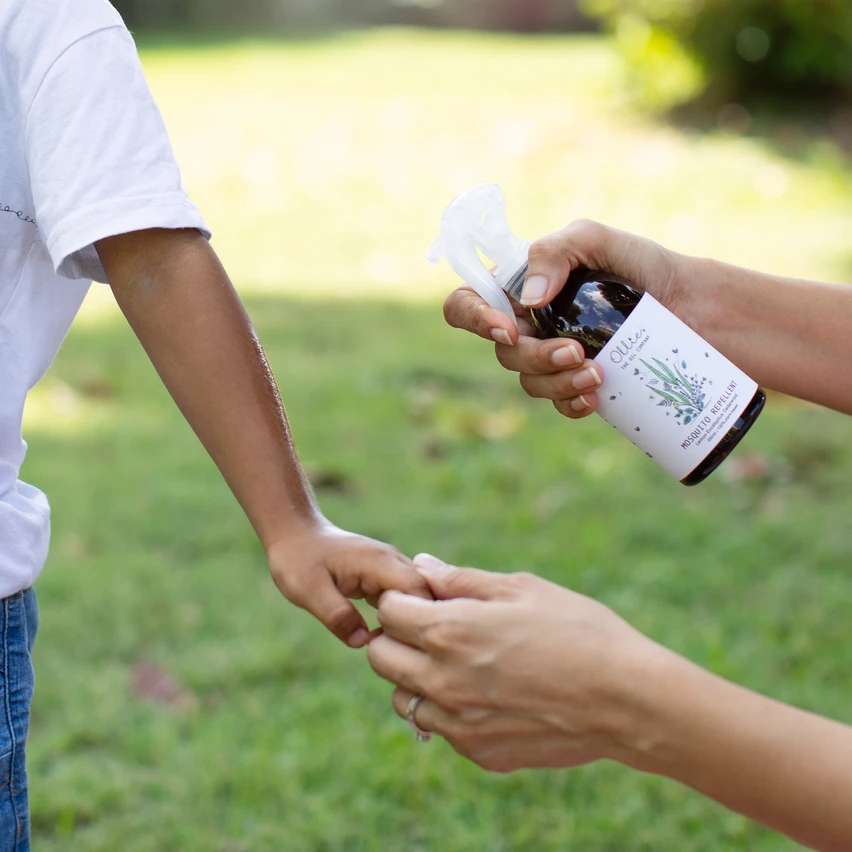
When tested against Anopheles mosquitoes, essential oils were found to be suitable alternatives to synthetic repellents. The study especially highlighted that essential oils such as citronella, cinnamon, lemon eucalyptus, lemongrass, and cedarwood provided several hours of protection against mosquitoes.
How to Use Organic Mosquito Repellents Correctly
I want to help you make an informed choice about the type of mosquito repellent to use. Essential oil-based mosquito repellents are great for people looking for a safe, environmentally-friendly, and organic way to be safe from mosquitoes.
If you’re making DIY mosquito repellents, remember to use the essential oils correctly or they won’t provide you with any protection from insects. Always use essential oils with a carrier solvent such as oil or alcohol. Using essential oils without diluting can cause rashes, sensitivity, and even burns.
You can try your hand at DIY mosquito repellent spray by mixing your favourite mosquito repelling essential oils with witch hazel or alcohol. There are multiple essential oils to choose from, such as lemon eucalyptus, geranium, citronella, and lavender oil that have great mosquito repelling properties. You can mix multiple oils together for stronger repellent action and also enjoy some aromatherapy in the process!
If DIY is not your thing but you still want the protection of an organic mosquito repellent, try our Mosquito Repellent Spray, made with 10 different essential oils and a completely safe alcohol base, distilled water and nothing else! It smells great, keeps away mozzies, and is kid-safe, pet safe.






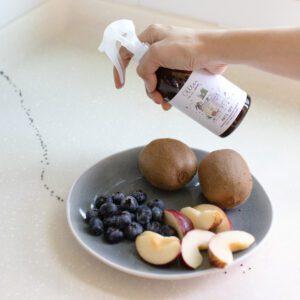

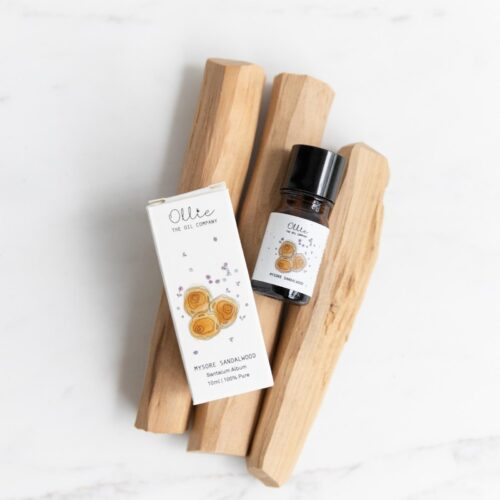
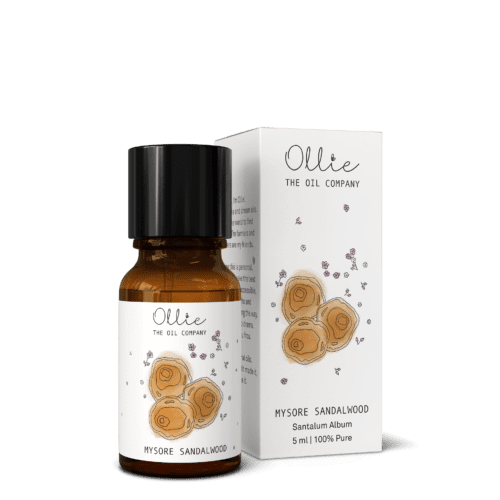
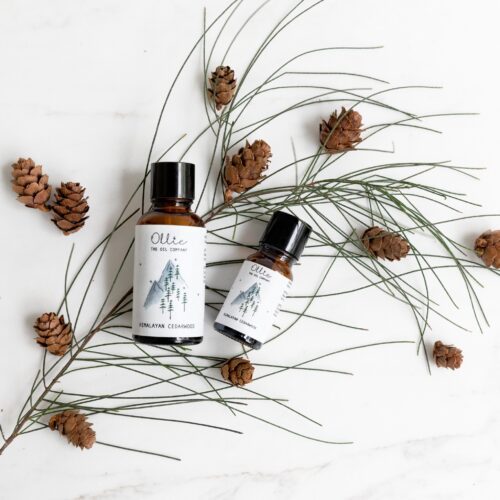
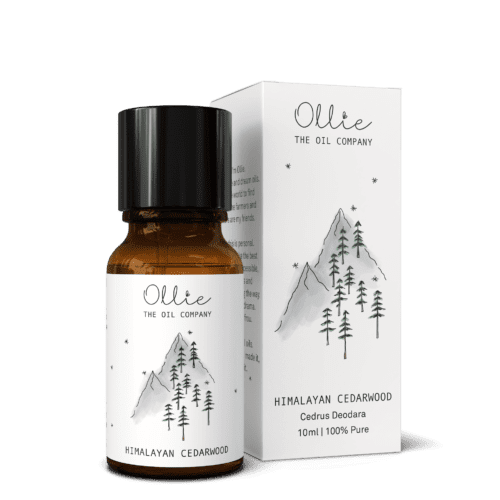
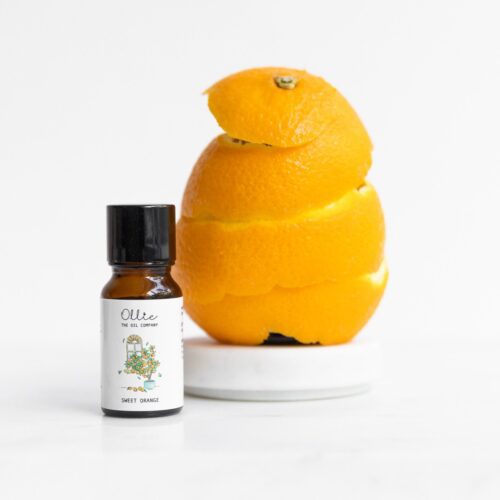
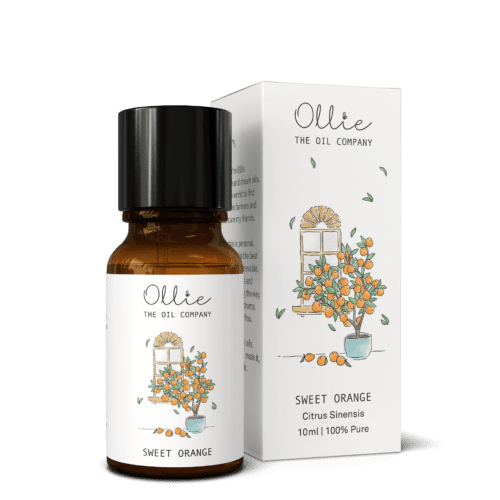

This Post Has 2 Comments
I am heading to Africa for a Safari, and I know that mosquitoes are prevalent… I hate the thought of using deet, but I sure don’t want to get malaria either! I was wondering if anyone has used your mosquito repellent there
Hi Fiona, We have some customers who have taken our mosquito repellent with them to Africa and used them there. They have found it to be very effective.